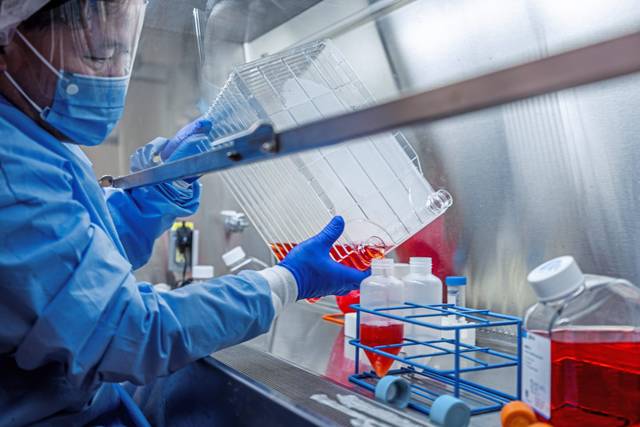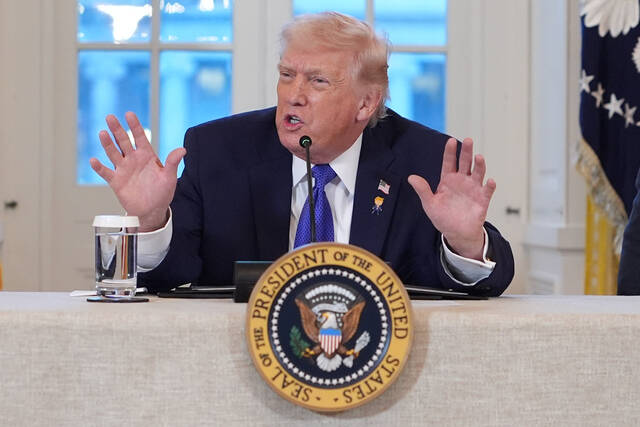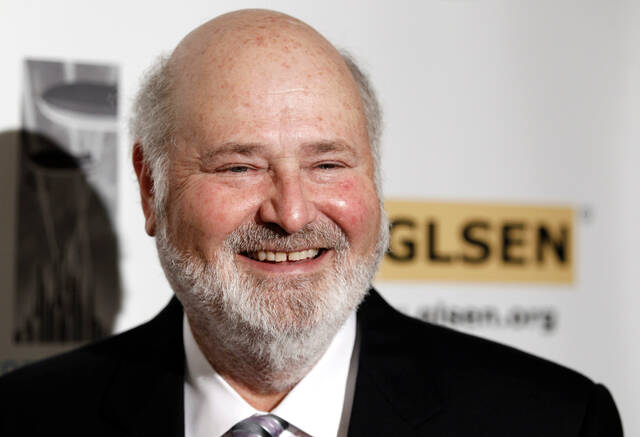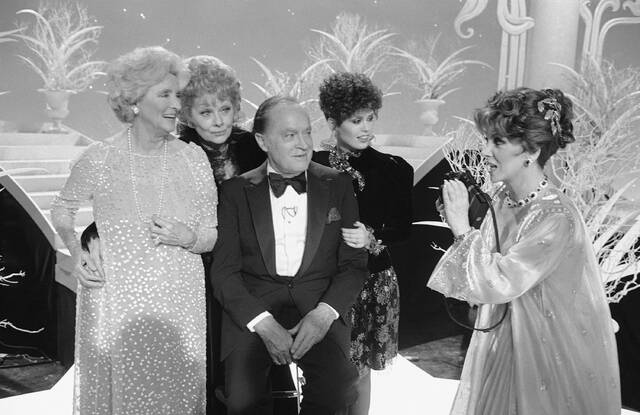“Polio Is Conquered.”
That was the jubilant headline atop The Pittsburgh Press on April 12, 1955 — 65 years ago. The headline was repeated in newspapers worldwide. And where had it happened? In Pittsburgh. The man who did it? Dr. Jonas Salk.
Polio was one of humanity’s most malicious scourges. Parents trembled in fear of the disease known as “infantile paralysis.” By 1952, America suffered its worst outbreak yet. A nation cried out for help. Jonas Salk stepped up.
In July 1952, Salk initiated at Pitt his first clinical trial. He injected 43 children with his vaccine, and then a few weeks later injected his own children and himself. Not one got polio. A larger clinical trial commenced in the summer of 1954, with desperate parents volunteering 2 million of their children to receive the experimental inoculation.
One of those kids was J.C. Hawkins, a son of longtime Pittsburgh Post-Gazette editor Frank Hawkins. “I was one of those guinea pigs in July 1952 that received the first polio vaccine,” Hawkins told me this week. “I can remember Dr. Salk giving me the injections. He was extremely kind and gentle to a scared 4-year-old boy.”
Hawkins remembers his parents being “absolutely terrified by polio.” They did their best to enroll J.C. and his brothers into the test group, working with the family physician, Dr. Robert Nix of Sewickley. On Saturday mornings, they went to the D.T. Watson Home for Crippled Children near Leetsdale to get the shots.
“It was sobering to go past kids like us in wheelchairs and on crutches to get to the room where Dr. Salk and the nurses were,” recalls Hawkins.
Today, one of Hawkins’ most prized possessions is a signed letter from Salk thanking him for his participation.
“Looking back,” he says, “I feel very proud of the small part I played in this historic achievement.”
That historic achievement was disclosed at a dramatic news conference on April 12, 1955. The Salk vaccine worked. Imagine the relief.
Can it happen again, this time with covid-19?
Well, quite remarkably, last week researchers at the University of Pittsburgh School of Medicine and UPMC announced the first peer-reviewed study of a possible covid-19 vaccine. They published their results in the April 2 issue of EBioMedicine, an online publication of The Lancet. It could be the real deal.
How did Pitt pull this off so quickly?
“We had previous experience on SARS-CoV in 2003 and MERS-CoV in 2014,” says lead researcher Dr. Andrea Gambotto. “We knew exactly where to fight this new virus.” When the genetic sequencing for the covid-19 virus was identified in January, they “were able to plug into” their existing framework “and rapidly produce a vaccine,” testing in mice.
The vaccine is being called “PittCoVacc.” They’re seeking FDA approval to accelerate the clinical trial, which usually take more than a year.
One of the lead researchers, Dr. Louis Falo, points to Salk: “This is also the same place where Dr. Jonas Salk invented the polio vaccine 65 years ago.”
Precisely. Can Pitt do it again?
“More people need to appreciate just what a great medical institution the University of Pittsburgh is,” says Hawkins. As one of America’s first children inoculated from polio, he can speak firsthand.
Who will be the first inoculated from covid-19? Will Pitt be it again?








